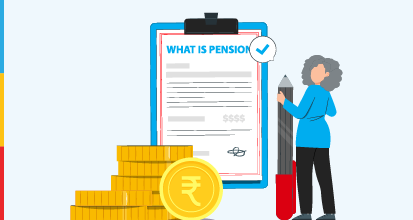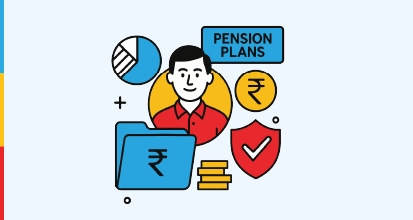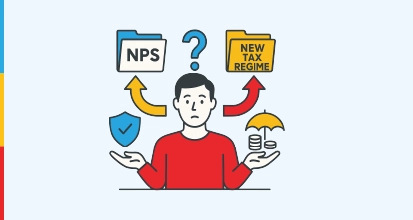- Maturity Amount: It refers to the amount provided to you by your insurer at the end of the policy tenure.
- Superannuation: A retirement benefit offered to employees by their employers.
- Emoluments: A salary, fee, or profit from employment or office.
- Commuted Pension: A lump sum payment from the pension in exchange for reduced monthly payments
- Uncommuted Pension: Full monthly pension without any lump sum withdrawal
Written by : Knowledge Center Team
2026-01-05
1830 Views
10 minutes read
Share














